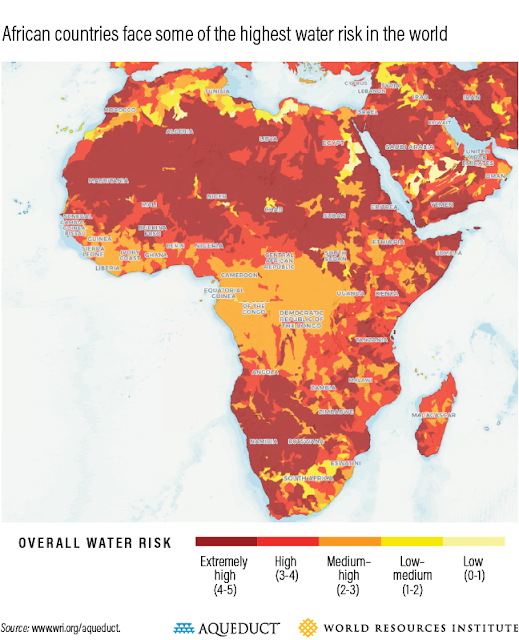Learning to live in peace- acknowledging the inevitability of the GERD
Over the past several blogs, I have explored how Egypt and Ethiopia have been locked in a stalemate regarding the GERD which is part of the wider issue of manging the river Nile. However, as contentious as the dam may be, Egypt could stand to gain from it. The fact is that Egypt will have to live with the big upstream dam as it is too late to change course, diplomatically or with force. Having acknowledged this, the country could then engage constructively with Ethiopia and look at the dam more of as an opportunity and less as a point of friction. As part of Ethiopia’s regional integration scheme, within the context of its wider aim to establish itself as a powerhouse in the Horn of Africa, it aims to sell the surplus of energy to its neighbours. Egypt, already at its maximum hydropower production capacity, could benefit from the cheaper and cleaner source of energy compared to the fossil fuels on which it so heavily relies. Ethiopia, on the other hand, has a total hydro-electric generation capacity of 45GW which is enough to meet the demand of most sub-Saharan countries. The GERD realises only a small fraction of that so the potential energy benefit of Egypt from the GERD and other future dam projects could be substantial (although the fundamental dependence of Egypt on the Nile for its survival must not be downplayed in favour of an energy focused point of view).
Beyond
electricity generation, the dam could also increase Egypt’s water supply, if
managed correctly which is somewhat counterintuitive. Storing water in the
cooler climate of the Ethiopian highlands results in less water loss to
evaporation compared to storing it in Egypt’s High Aswan Dam.
 |
Ethiopian Prime Minister Abiy Ahmed (left) and Egyptian President Abdel-Fattah el-Sissi in Cairo, Egypt in 2020 (Abera, 2020)
|

Comments
Post a Comment